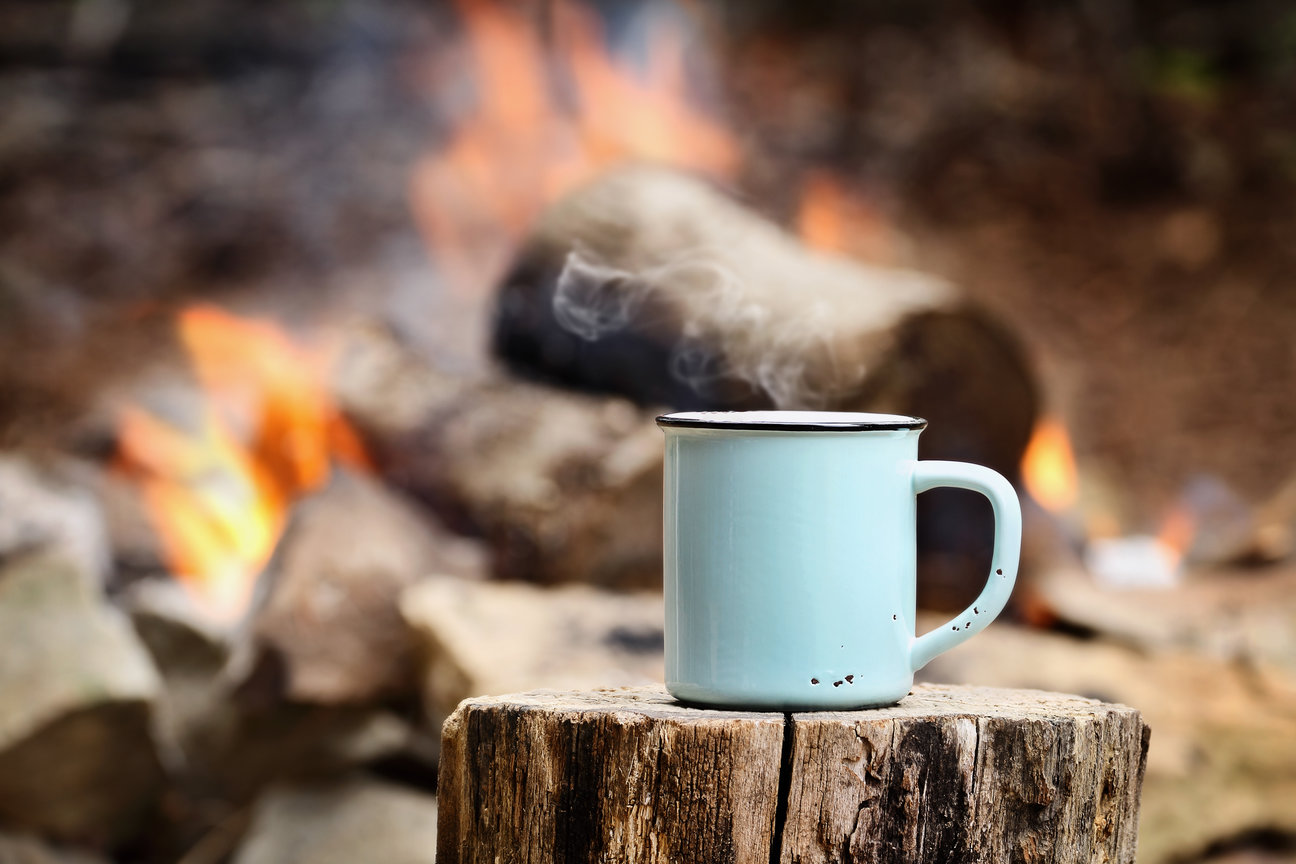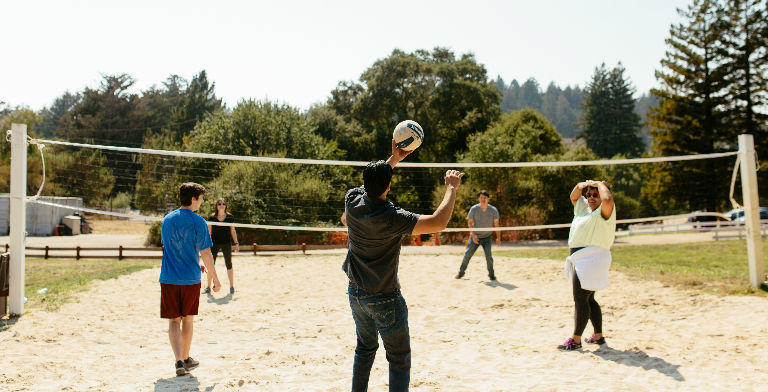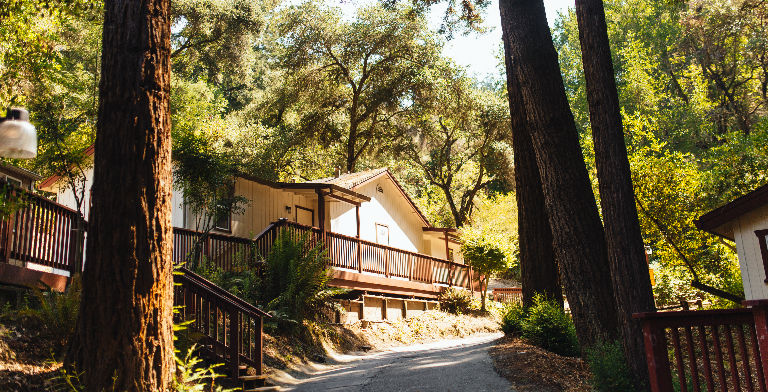About Relapse
About Alcohol Abuse Relapse
Breaking free from an alcohol addiction is an immense personal accomplishment. If you have endured an addiction to alcohol and completed an alcohol treatment program, you most certainly should be proud of yourself. However, once this phase of your life is over, it is crucial to know that you still need to hold true to your commitment to remaining sober and work towards making each day an alcohol-free day.
Unfortunately, there are many individuals who complete residential treatment and find that they are unable to remain sober once they return home. When one resorts back to the use of alcohol, it is known as a relapse, which can compromise a person’s efforts to remain alcohol-free for the long-term. Because of this fact, it is necessary to arm yourself with the skills, resources, and supportive services that will allow you to continue your recovery progress once back at home.
Why It Happens
Reasons Why People Relapse
There are many types of triggers that can cause a person to question the worthwhileness of being sober. Given this fact, it is important for a person to stick to his or her commitment to be sober and be sure to surround him or herself with others who are supportive of this endeavor.
Additionally, it is crucial to know the specific triggers that could bring about a relapse. The following are but some of the precipitating circumstances that may cause a person to have a drink post-treatment:
- Feelings of self-doubt, self-loathing, or some other negative emotion that coping skills do not fully address
- Placing oneself in a situation in which the temptation to drink is overpowering
- Experiencing some sort of stress or emotional pain
- Craving alcohol
- Being around others who are drinking or being encouraged by someone else to drink
The above situations are those that one must be prepared to handle so that one can stay on the path of recovery. Failing to do so, however, could result in a relapse, which could compromise an individual’s ability to live life free from the grips of alcohol addiction.
Prevention
How to Prevent Relapse
Avoiding relapse is quite possible if one is willing to put in the time and effort into maintaining one’s sobriety.
By doing the following, a person is more likely to remain alcohol-free:
- Follow through with any recommendations for care that are provided to you by your treatment provider.
- Seek out continuing care services for yourself if you were not given a discharge plan upon completing treatment.
- So that you have some additional support post-treatment, it is a good idea to get a sponsor if you do not have one already. A sponsor can help you get through tougher times when others may not be available to help you.
- Do not exclude your loved ones from your recovery journey as your friends and family members are the ones who want you to succeed the most. Be sure to convey your plan for maintaining your sobriety and reach out to them if you feel they can help you stay on track with your recovery.
- Much like you would have to practice any other type of skill in order to be an expert at it, it is wise to also practice your recovery coping skills. In doing so, you will be able to handle even the most difficult times with minimal risk to your sobriety.
- Make sure that you do not place yourself in a situation in which your sobriety might be tested. This can include going to an establishment that sells alcohol or being around others who are not respectful of your sobriety.
- If at any time you feel as though you are needing a more supportive treatment, feel free to reengage in more intensive treatment. This is an option that is always available to you and can benefit you in the long-term if you feel as though it will help you abstain from alcohol.
At The Camp, we fully recognize how difficult it can be for a person to stick to a commitment to sobriety if follow-up services are not received. For this reason, we are pleased to help those who come for care to access the services and resources needed to overcome an addiction to alcohol. Therefore, if you or a loved one would like to learn more about our aftercare services, or any other aspect of programming that we offer, do not hesitate to contact us at your earliest convenience.
At The Camp Recovery Center, we are here to help you or an important person in your life live the alcohol-free life that is deserving of all people.
















